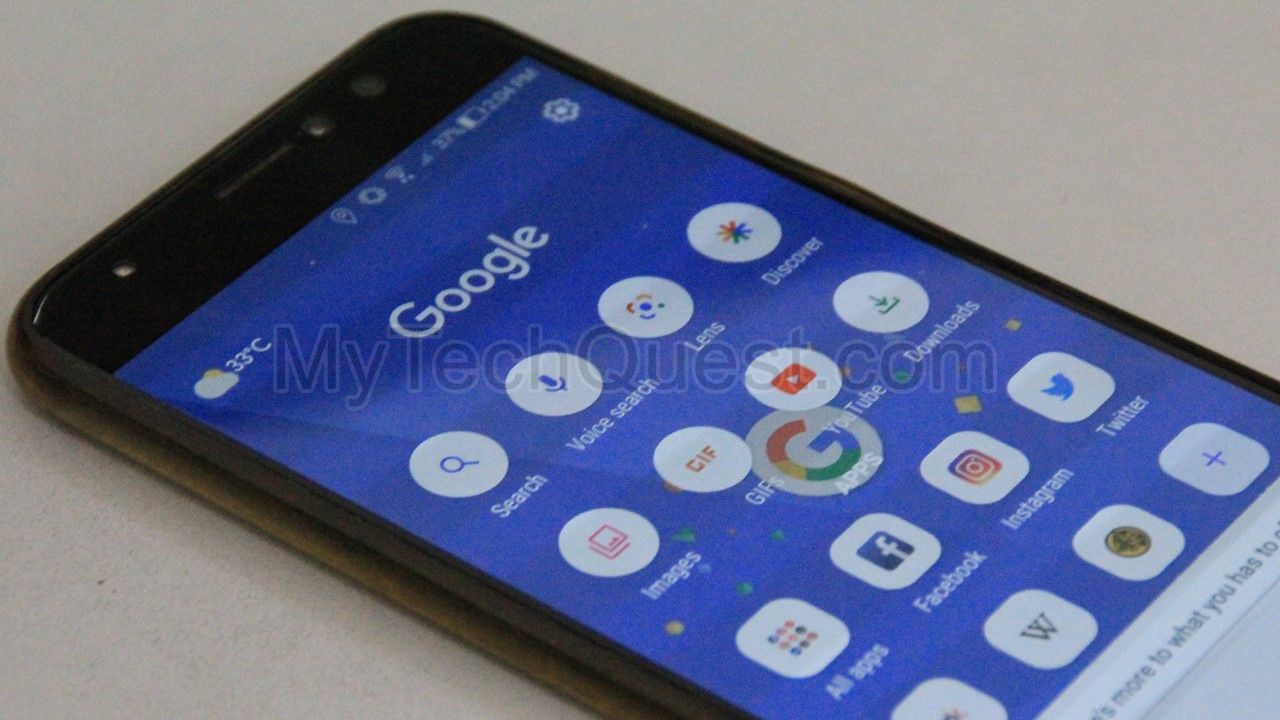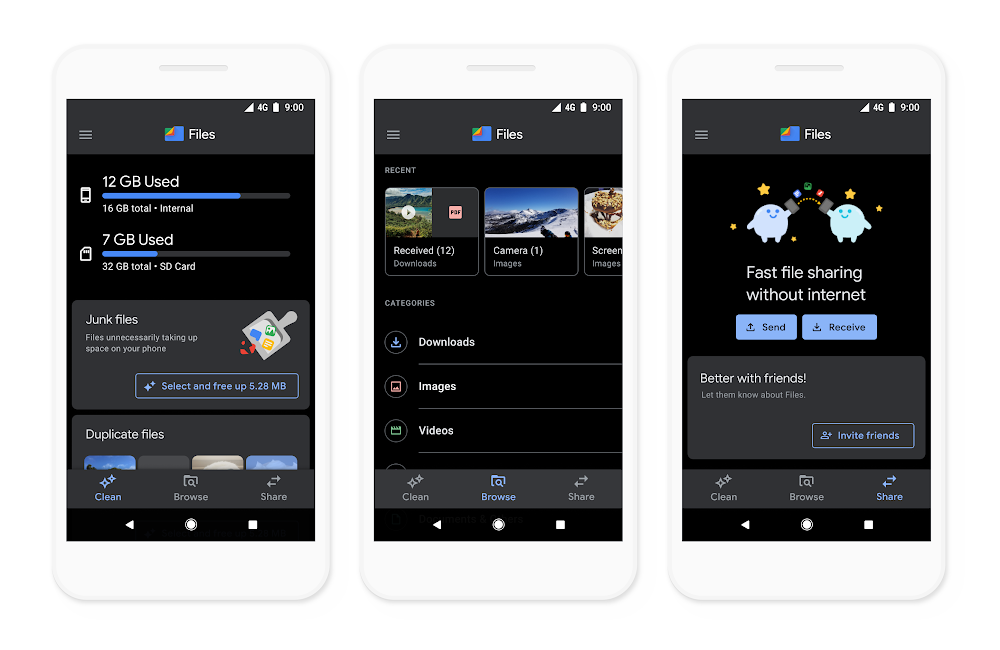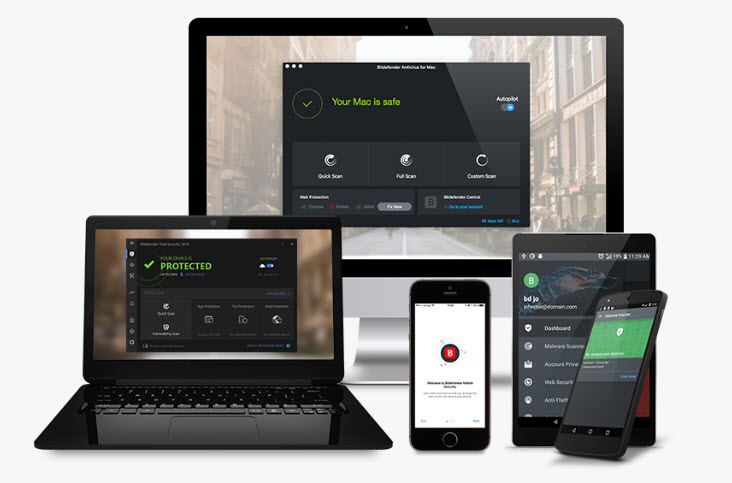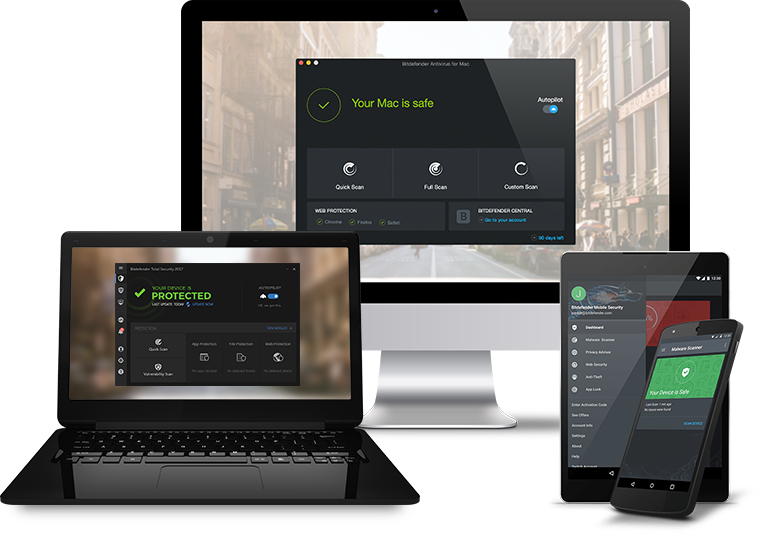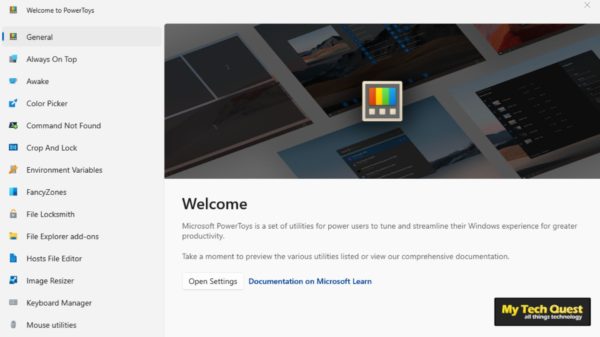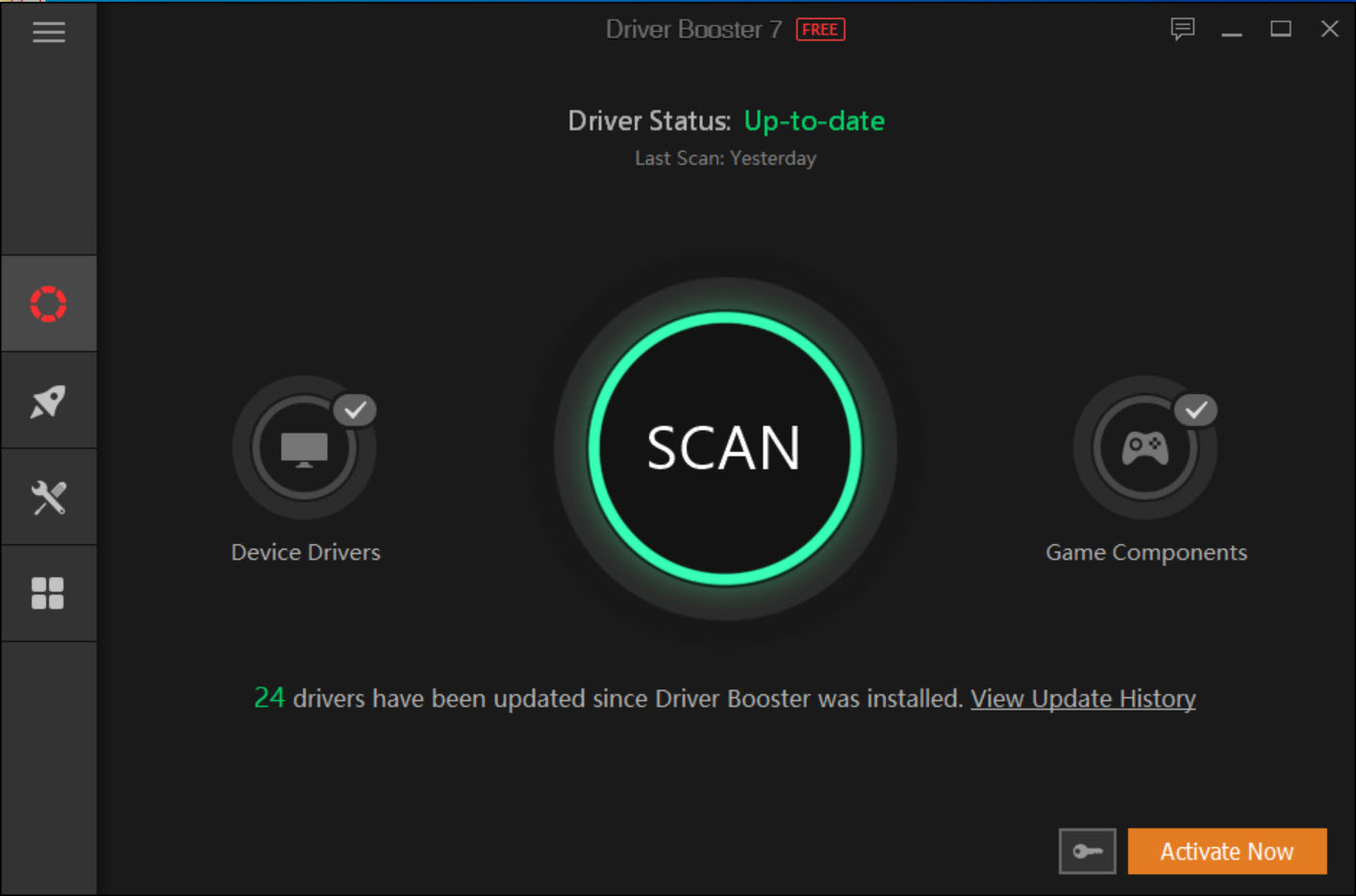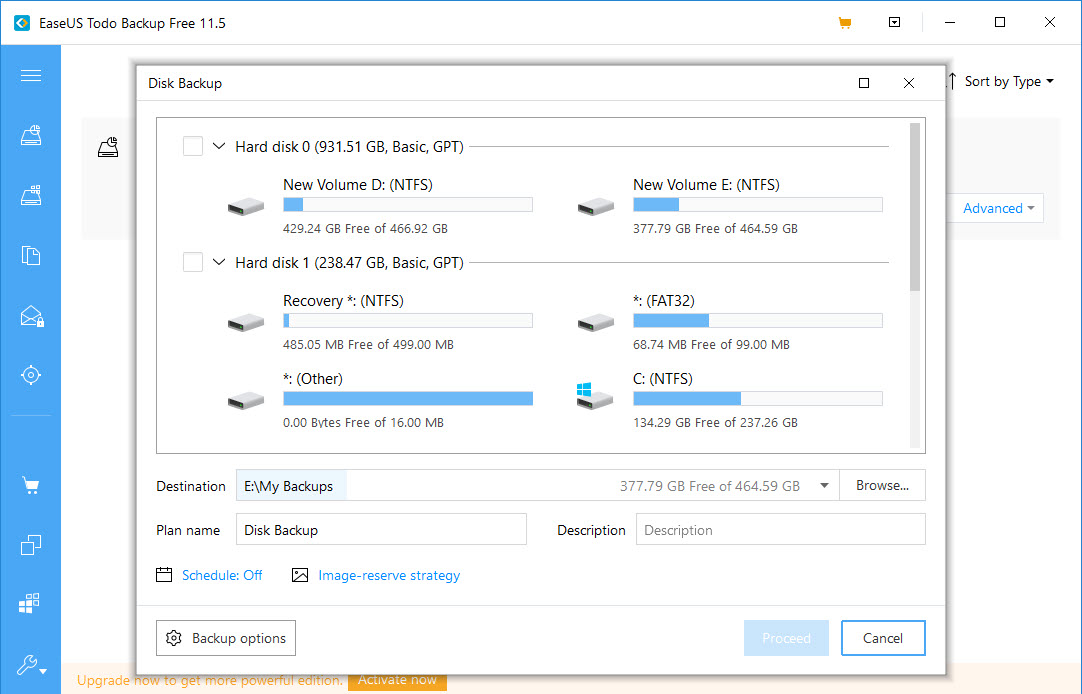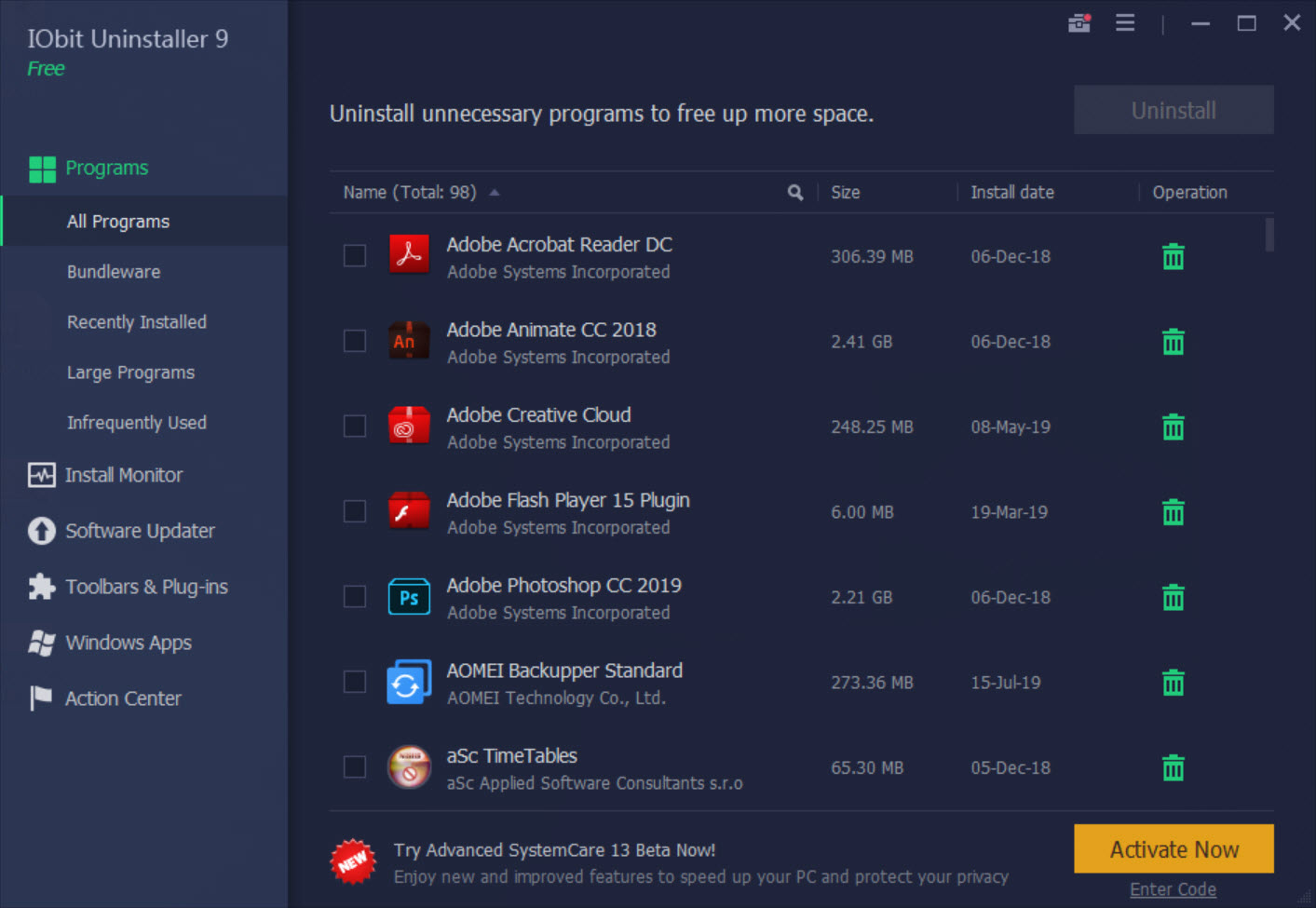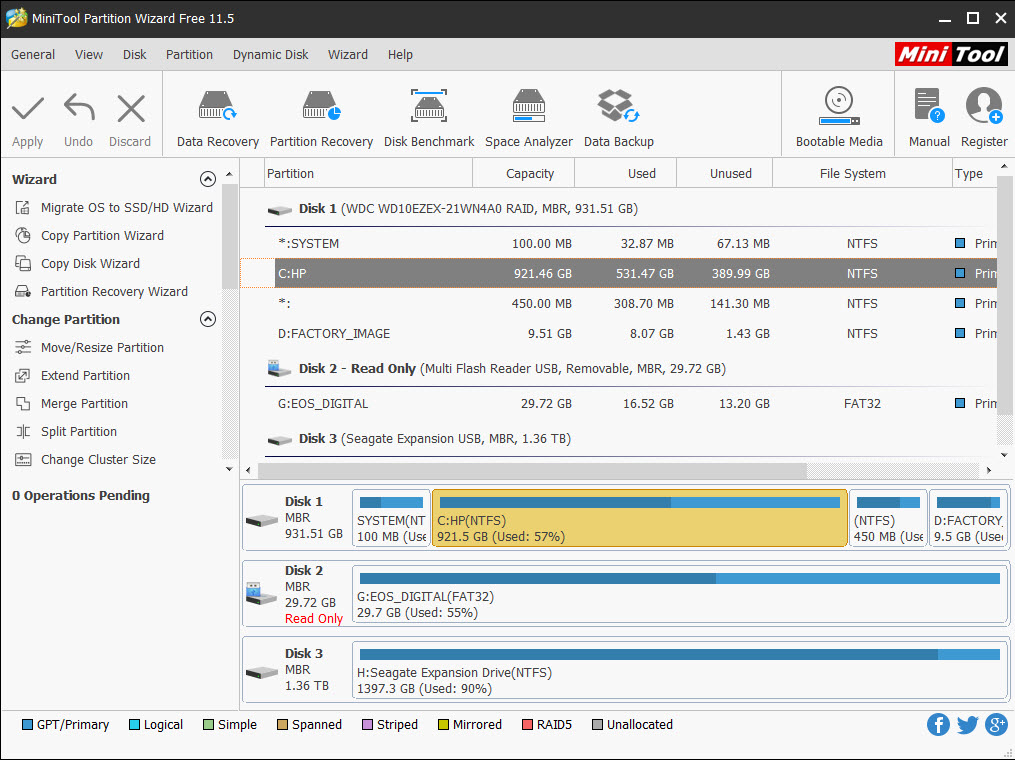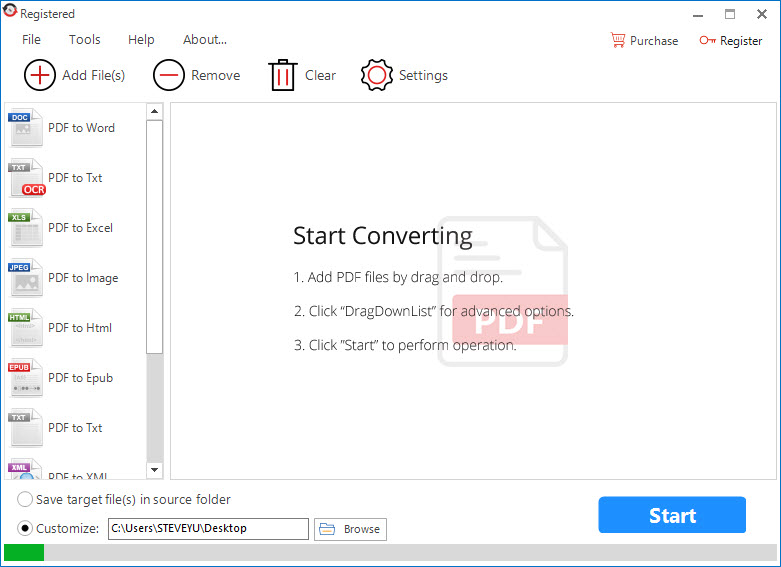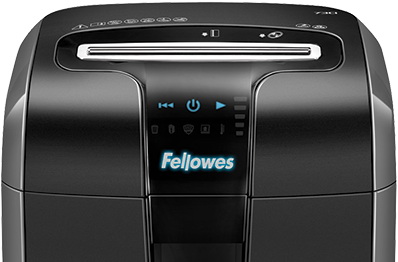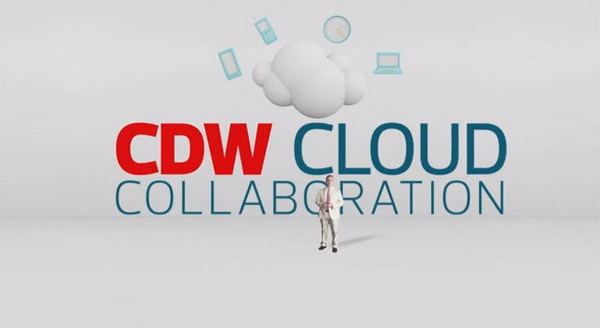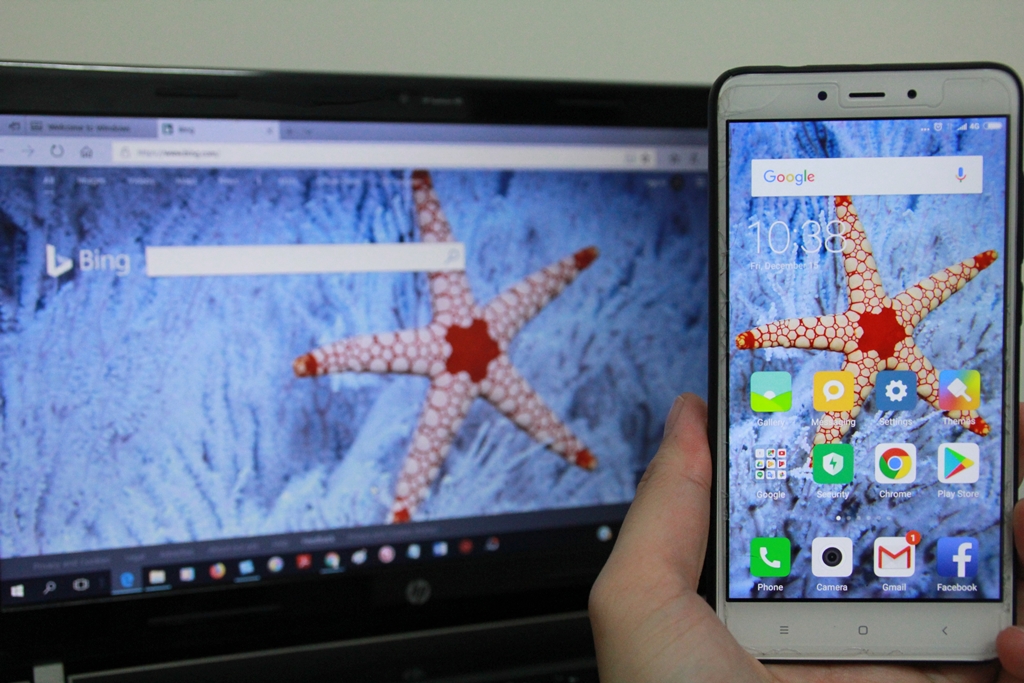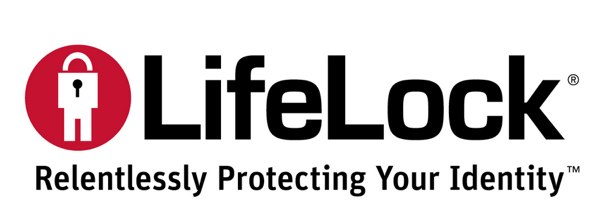This is a Sponsored post written by me on behalf of LifeLock Twitter for SocialSpark. All opinions are 100% mine.
A few months ago, I was a victim of credit card fraud. I have no idea who that thief (or fraudster) was, how did he/she manage to sneak into the details of my credit card and successfully charged over $2000 into the card. That’s a lot of money to me (really!). Luckily, the issue has now resolved and I need not have to pay any single cent for the stuffs that I didn’t purchase. 🙂
To be honest, anyone of you can be the next victim of fraud, be it a card fraud or identity fraud. In 2011 alone, 11.6 million adults were victims of identity fraud and a total of $18 billion was lost! And the average cost per person of having identities stolen is $1,513.
In fact, the chance of becoming a victim is increasing every year as the bad guys are getting better at stealing personal and credit information. The risk is higher for those who are always on the internet, be it connecting with people on social networking sites, regularly access online banking accounts or make online purchases. According to a report, households earning $100k and above per year have the highest identity fraud rate at 7.4%

If you want to get a good night sleep without worrying much about losing sensitive details to scammers or identity thief, you probably want to get some soft of protection, like the one offered by LifeLock.
LifeLock is a paid service that provides proactive identity theft monitoring and protection to its members. The service uses a combination of data surveillance techniques and outstanding member service to help safeguard your personal and credit information. It relentlessly monitor your identity, track your credit score and scan for identity threats.
Once they receive any indication that your personal information has been compromised, they will alert you via email, phone or text message. Well, you won’t be alone to face the threats as LifeLock is equipped with comprehensive recovery services to resolve the threats. They even have live member services representatives with local phone support to assist you with identity-related problems 24/7/365.
Although LifeLock will be there for you if you become a victim of identity theft, but you have to do parts too. You can’t let your door open wide for the thief to come in, right? To minimize the risk of people hacking into your online accounts, you must have strong passwords with combination of alphabets, numbers and symbols. The amount of characters used in passwords also plays an important part, as explained in this infographic, How hack-friendly is your password?
Now, do you think LifeLock is necessary to protect you from identity theft? Well, try think of using LifeLock like buying yourself an insurance.
To keep yourself up-to-date with LifeLock, you can follow LifeLock on Twitter




